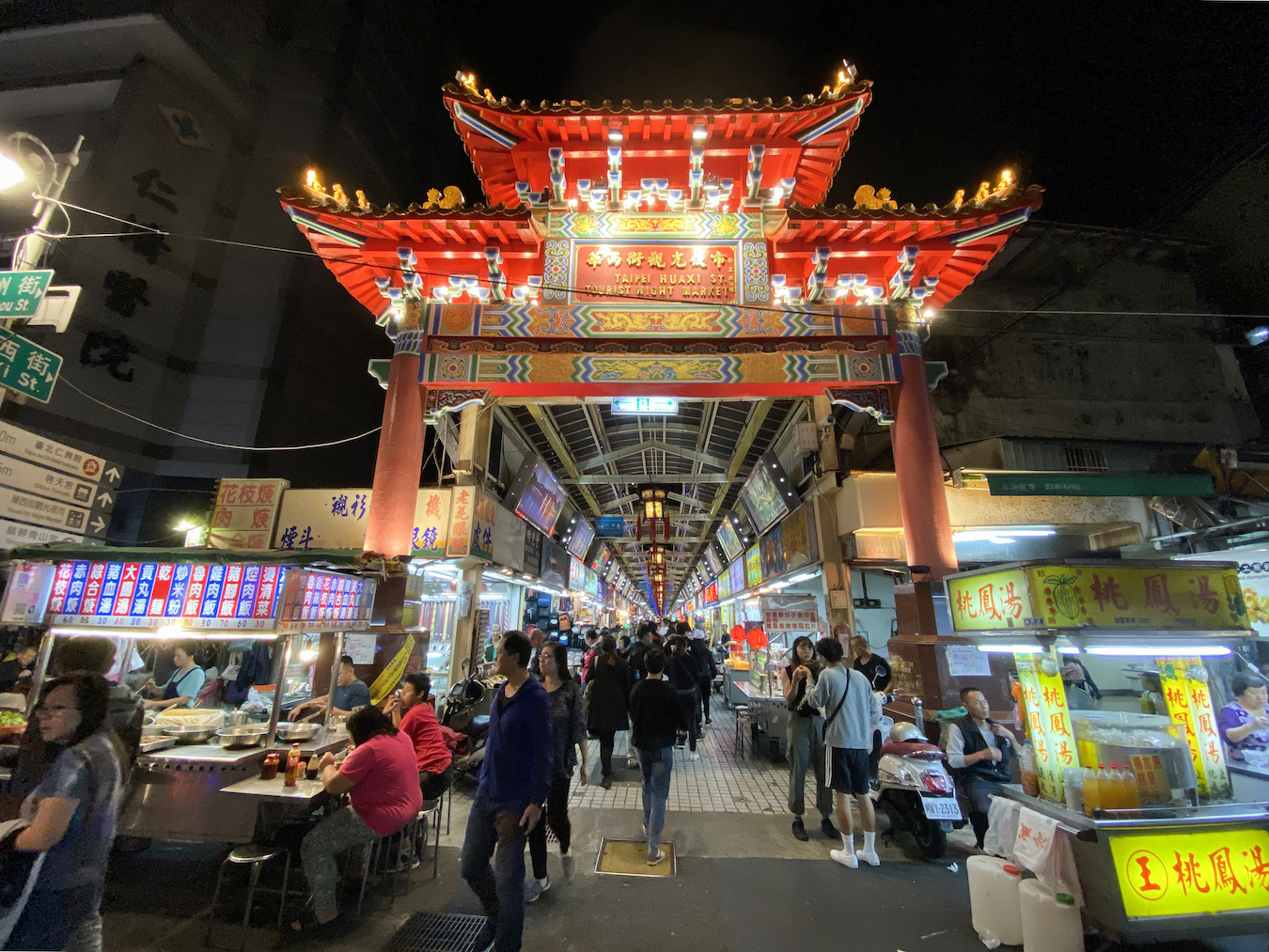by Brian Hioe
語言:
English
Photo Credit: Wpcpey/WikiCommons/CC BY 4.0
THE POPULAR influencer, bodybuilder Holger Chen, recently raised eyebrows with comments that one in three young people today have gang ties.
Apart from raising eyebrows, however, since this evidently seems exaggerated, one notes that politician Huang Kuo-chang, the former chair of the NPP, has suggested that he intends to pursue issues of political corruption going forward. Huang’s recent political alignments, with Huang throwing his endorsement behind TPP Taipei mayoral candidate Huang Shan-shan, suggest that he may target the DPP on corruption. Statistics released by the Taiwan Anti-Corruption and Whistleblower Protection Association, which Huang is secretary-general of, suggest that 15% of city councilors in Taiwan have criminal records.
The last election saw candidates of both major parties come under fire for plagiarism by candidates. This may have had a greater impact on the DPP, however, seeing as that this scandal led to the withdrawal of its Taoyuan mayoral candidate Lin Chih-chien, to be replaced by legislator Cheng Yun-peng. The scandal is thought to have cost the DPP control of Taoyuan, which is traditionally pan-blue territory, but some polls before the election predicted the DPP holding onto due to the popularity of mayor Cheng Wen-tsan. As Lin was previously mayor of Hsinchu before his Taoyuan mayoral bid, the scandal could have potentially also cost the DPP control of Hsinchu.
After the election, the DPP has continued to be hit with plagiarism accusations. Cheng Wen-stan’s own master’s thesis was invalidated recently by National Taiwan University, likely hurting his chances of running for the presidency in 2024–hence his recent endorsement of William Lai for DPP chair. The same occurred to the DPP’s Keelung mayoral candidate, Tsai Shih-ying, who was defeated. Does the DPP have a plagiarism issue?
The DPP tried to attack the pan-Blue camp over plagiarism allegations that KMT and TPP candidates also faced. This led to the resignation of TPP legislator Tsai Pi-ru, with Taoyuan mayoral-elect Simon Chang and Nantou county magistrate-elect Hsu Shu-hua also facing plagiarism accusations.
Likewise, the DPP tried to hone in on corruption allegations against KMT politicians such as incumbents Hualien county magistrate Hsu Chen-wei and Yilan county magistrate Lin Zi-miao. Pan-blue independent Chung Tung-chin, who was running for Miaoli county magistrate with the endorsement of incumbent Hsu Yao-chang of the KMT, faced criticisms over old gang-related murder and assault charges. However, the victory of these three candidates in spite of the charges shows there was perhaps greater focus on the plagiarism scandals.
Facebook post by comic artist Momogaga on Chen’s comments
Is it simply, then, as Holger Chen’s comments suggest, that organized crime is simply so deeply rooted in Taiwanese society that few blink at politicians with gang ties? This is to be questioned.
However, perhaps plagiarism charges are best understood as a form of corruption in Taiwan. Given the strong focus on educational credentials in Taiwanese society, politicians pursue higher degrees in order to garner social capital, which aids them in running for office. Sometimes this involves an element of corruption, with candidates seeking advanced degrees from degree mills, or plagiarizing others.
In this sense, it may more generally be issues of corruption that pervade Taiwanese society–inclusive of plagiarism scandals or more traditional corruption. This is an issue that faces both political camps in Taiwan. Yet it is some forms of corruption that prove easier to socially condemn than others.



